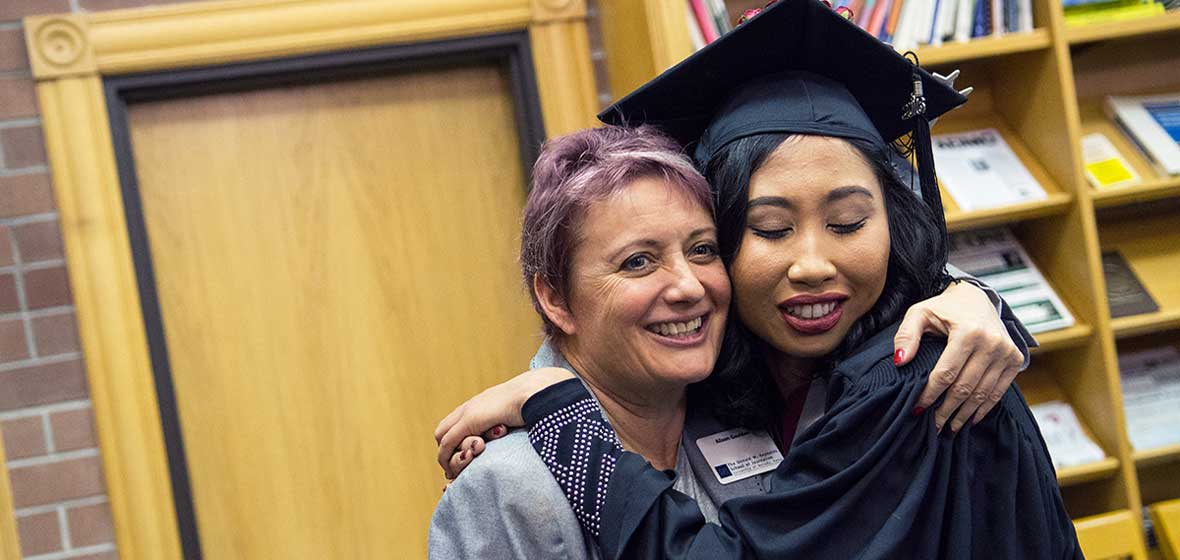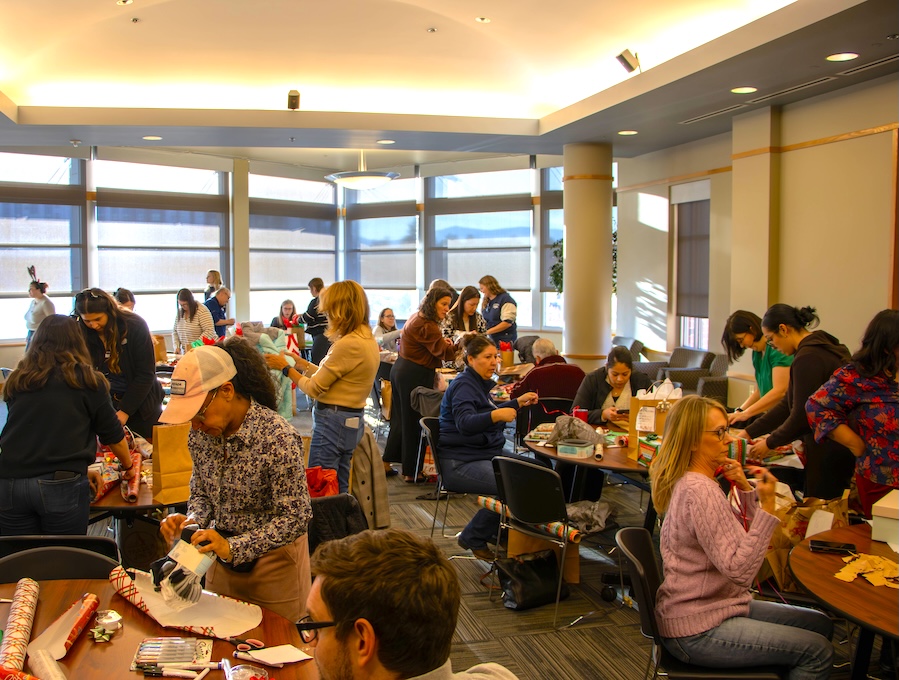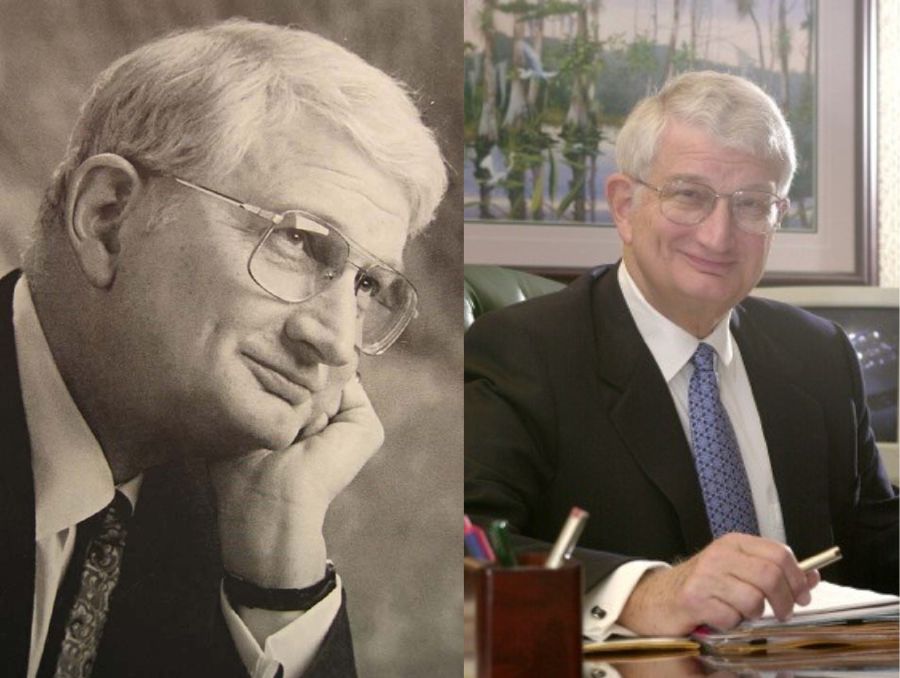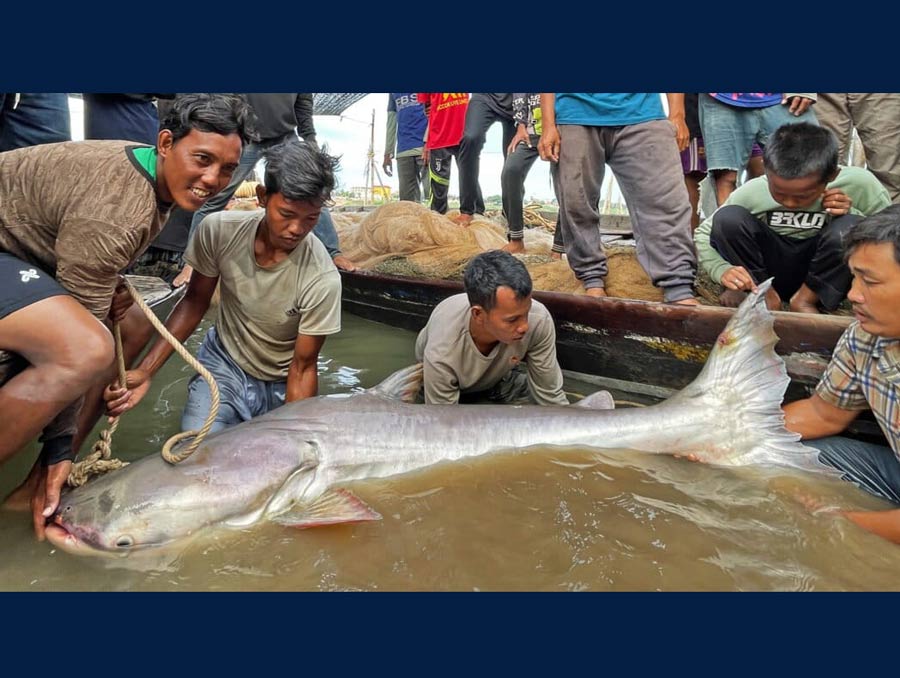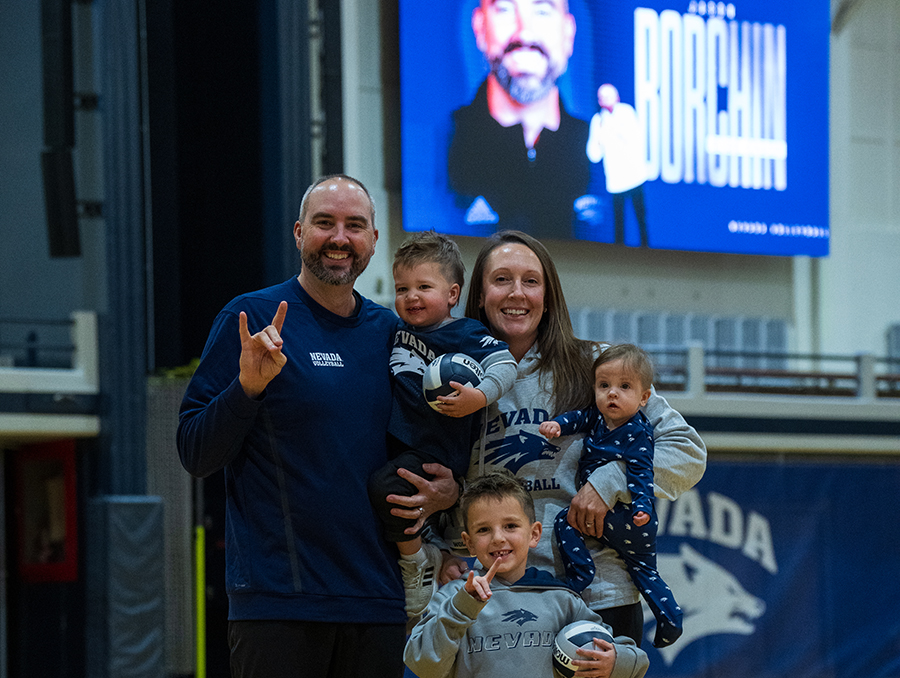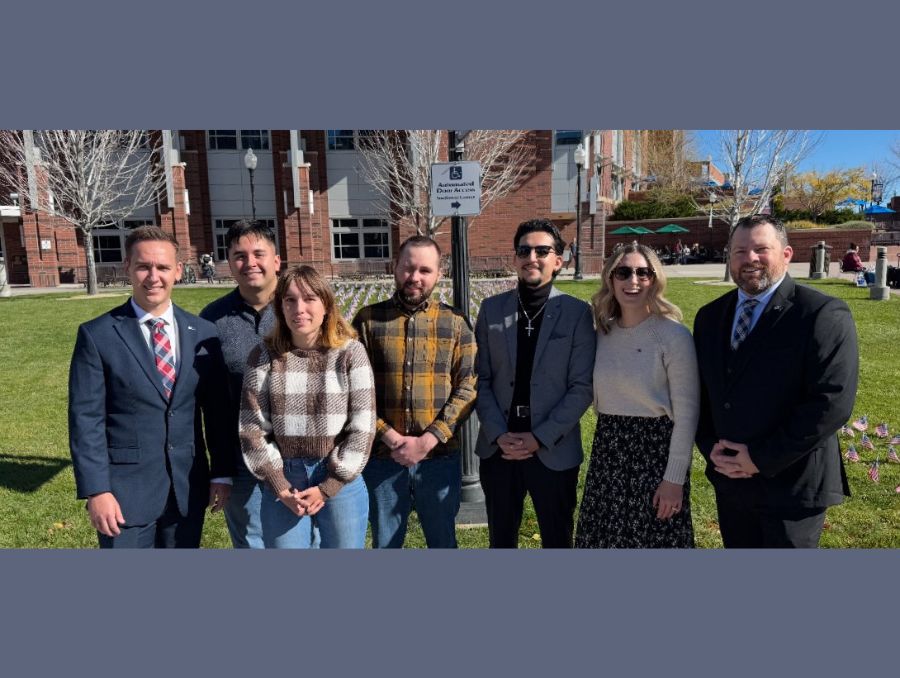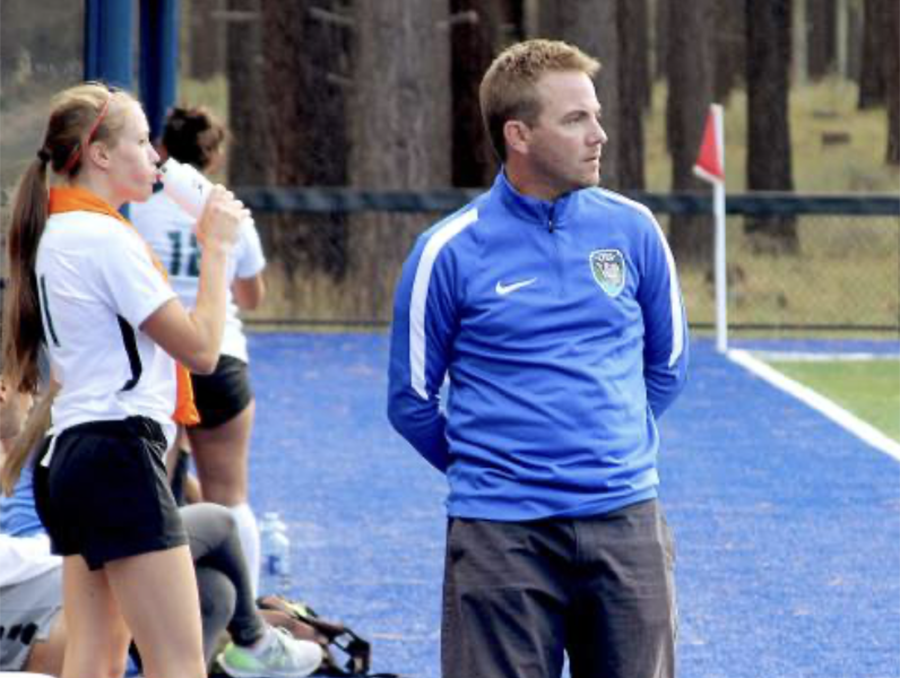It’s that time of year.
You are out on the Quad taking photos in your commencement regalia, reserving tables at restaurants for your graduation celebrations, greeting your families at the airport and eagerly awaiting Saturday so you can finally call yourselves Reynolds School graduates.
With commencement right around the corner, you may have started the job search. Finding a job right out of college can be stressful so we reached out to Reynolds School professors to get their advice on common worries you may have about finding the perfect job.
Before the job search
Have you felt that concern that it might not be possible to find a full-time job after college? Professor Paul Mitchell says it is achievable if you realize that college is more than just the class work.
“It is possible to get full-time job in your field upon graduation,” Mitchell said. “But unless you’ve done the necessary work before graduation, there could be some challenges. Many students are in such a rush to graduate, so driven by grades, that they fail to get an education. So, they get out in the world with a degree but without the real work experience.”
Other professors agree and say if you gain experience in college and figure out how to display that experience, you’re well on your way to securing a position.
“Do more than one internship,” Vanessa Vancour, professor in news and bilingual media, said. “I’m always shocked to learn some students only do the minimum requirement. Internships give you an opportunity to learn new skills, network and ultimately decide if that’s a path you’d like to pursue.”
“A portfolio is not the place to assemble everything that you’ve ever done,” Amber Walsh, professor in visual communications, said. “Instead, put together work which displays what you’re good at and where you want to go. By showing off your strengths, it gives potential employers a glimpse of your professional trajectory and offers them a chance to imagine if what they are trying to accomplish matches.”
During the job search
When starting the job search, applying for jobs online is crucial. Reynolds School Associate Dean Donica Mensing said some of the best places to look for positions online are the Reynolds School internship site, the Berkeley Graduate School of Journalism site, the Online News Association Career Center site, Media Bistro, and the career development page for USC Annenberg.
Once you’ve applied for jobs online, it’s customary and beneficial to reach out to the employer in different stages of the process.
“Reach out after four to five business days,” Alison Gaulden, Reynolds School internship coordinator, said. “If you send on Monday, follow up Friday. Also, wait a week after the interview. Ideally, you ask during the interview what the timeline for hiring decision is, so you know when to follow up.”
If you don’t get an interview and you receive a rejection email early in the process, Professor Bob Felten, professor in strategic communications, said don’t worry about responding.
However, if you get an interview but don’t get the job, making a personal connection with the employer is still important.
“If an individual has progressed to the point of a personal interview, a response is professional and possibly productive,” Felten said. “Rule of thumb, if the rejecting organization has treated you as a person with a personal interaction, some response is appropriate.”
Here’s what Felten advises you say after you’ve been rejected: “Thank you for the time you spent with me. I enjoyed learning more about your organization. I would appreciate any information you could give me to assist in my applications for other positions.”
After the job search is over
When you do secure a position, there’s still some advice our professors want you to keep in mind so you can ensure a healthy work environment and know when to start the job search back up again.
“The interview is as much you interviewing the site as them interviewing you,” Gaulden said. “Ask questions about what kind of style, culture and work environment they have. Once in the position, communicate early about your needs, questions, concerns.”
